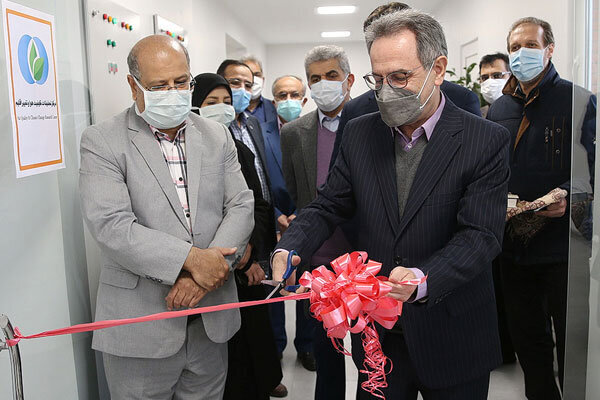Air quality, climate change research center opened

TEHRAN – An air quality and climate change research center was inaugurated at Shahid Beheshti University of Medical Sciences in Tehran on Thursday.
Addressing the issue of air quality and climate change is a national and international issue and a global concern, which requires a comprehensive view, inter-organizational cooperation, as well as academic and international strategies, Alireza Zali, chancellor of Shahid Beheshti University said, Mehr reported.
Climate change and air quality have different aspects and are not limited to biological dimensions, but can include political, security, social and cultural issues, he explained.
He further considered this research center as an applied research center that its research and technological outputs are in line with the country’s social needs and public health, to identify national issues and offer solutions.
According to him, climate change is not limited to the field of health and can be effective in creating security, economic and social shocks. It is predicted that in the coming years, a large volume of socio-economic, security, and geopolitical changes will result from climate change.
Climate change impact
Increasing consumption of fossil fuels by humans, especially after the Industrial Revolution, has led to an increase in greenhouse gas emissions and ultimately climate change, and now tackling this phenomenon has become one of the most important concerns worldwide.
Climate change is one of the most important problems in Iran that can exacerbate drought and water stress, so it is necessary to make serious plans at the national level to address the phenomena.
Based on research and assessments conducted by Action for Climate Empowerment (ACE) adopted by the United Nations Framework Convention on Climate Change (UNFCCC) and using scenarios proposed by the Intergovernmental Panel on Climate Change (IPCC), if the concentration of carbon dioxide doubles by 2100, Iran's average temperature will increase by 1.5 to 4.5 degrees Celsius.
Temperature change, sea-level rise, coastal degradation, destruction of agricultural and food products, deforestation, depletion of freshwater resources, regional climate change in the high and northern hemispheres, changes in rainfall and wind direction, rising natural disasters such as tornadoes and floods, intensifying droughts and developing desert areas, increasing air pollution due to rising hot winds and the potential impact on the spread of diseases such as malaria are some of the known consequences of climate change.
According to scientists, global warming due to climate change is one of the biggest challenges of the 21st century.
FB/MG
Leave a Comment